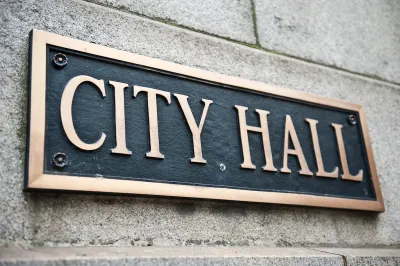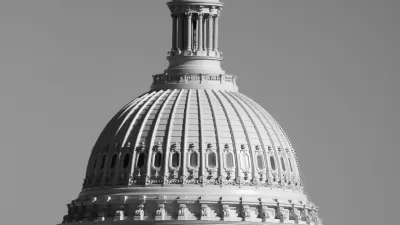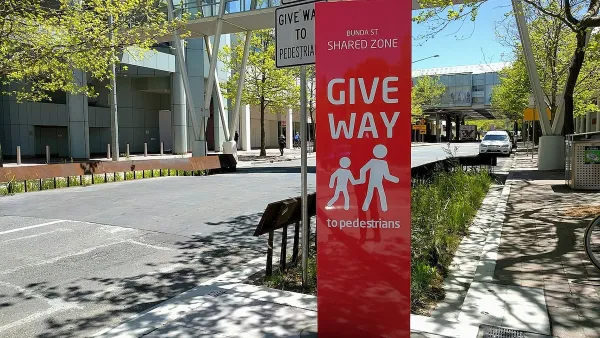Trump’s approach to policies like NYC’s congestion pricing isn’t just irrational and wasteful — it defies the tenets of conservatism. But there are ways to reframe the issues.

During my three decades as a planning consultant, I have worked with stakeholders ranging from conservative to liberal. Traditional conservative politicians took their civic responsibilities seriously; they tended to be courteous and thoughtful, and demanded detailed policy analysis. Regardless of whether you agreed with their priorities, you had to respect their principles. Conservative, after all, literally means caution and efficiency, as in less risky investments and more efficient resource consumption.
President Donald Trump’s opportunistic populism is the opposite. During his first two months in office, Trump imposed countless careless and wasteful policies. Some, such as firing and then unfiring nuclear experts and Federal Aviation Administration employees, and giving billionaire Elon Musk immense but unclear powers, are dangerous and irresponsible. Others, such as cutting energy efficiency programs, are foolish and costly.
How should rational people respond? My recent report Responsive Planning in Ideologically Conservative Communities provides practical guidance for working with conservative stakeholders. It describes traditional conservative principles and how they can be applied in public decision-making. By understanding these concepts, practitioners can reframe issues in ways that resonate with conservatives, point out inconsistency and hypocrisy, build ideological bridges, and redirect opponents’ energy back at them.
This suggests that for the next four years, policy debates will be less between conservatives and liberals and more between irrational populist policies and responsible, evidence-based policies that bridge ideologies. Success depends on framing policies in terms of different groups’ priorities. I recommend studying conservative principles and using them to challenge foolish and unfair policies. It might not change the minds of populist followers, but it may cause true conservatives to reconsider their support for Trump’s contradictory positions.
FULL STORY: Can Progressive Planners Appeal to Conservative Principles?

Planetizen Federal Action Tracker
A weekly monitor of how Trump’s orders and actions are impacting planners and planning in America.

Maui's Vacation Rental Debate Turns Ugly
Verbal attacks, misinformation campaigns and fistfights plague a high-stakes debate to convert thousands of vacation rentals into long-term housing.

San Francisco Suspends Traffic Calming Amidst Record Deaths
Citing “a challenging fiscal landscape,” the city will cease the program on the heels of 42 traffic deaths, including 24 pedestrians.

Amtrak Rolls Out New Orleans to Alabama “Mardi Gras” Train
The new service will operate morning and evening departures between Mobile and New Orleans.

The Subversive Car-Free Guide to Trump's Great American Road Trip
Car-free ways to access Chicagoland’s best tourist attractions.

San Antonio and Austin are Fusing Into one Massive Megaregion
The region spanning the two central Texas cities is growing fast, posing challenges for local infrastructure and water supplies.
Urban Design for Planners 1: Software Tools
This six-course series explores essential urban design concepts using open source software and equips planners with the tools they need to participate fully in the urban design process.
Planning for Universal Design
Learn the tools for implementing Universal Design in planning regulations.
Heyer Gruel & Associates PA
JM Goldson LLC
Custer County Colorado
City of Camden Redevelopment Agency
City of Astoria
Transportation Research & Education Center (TREC) at Portland State University
Jefferson Parish Government
Camden Redevelopment Agency
City of Claremont





























